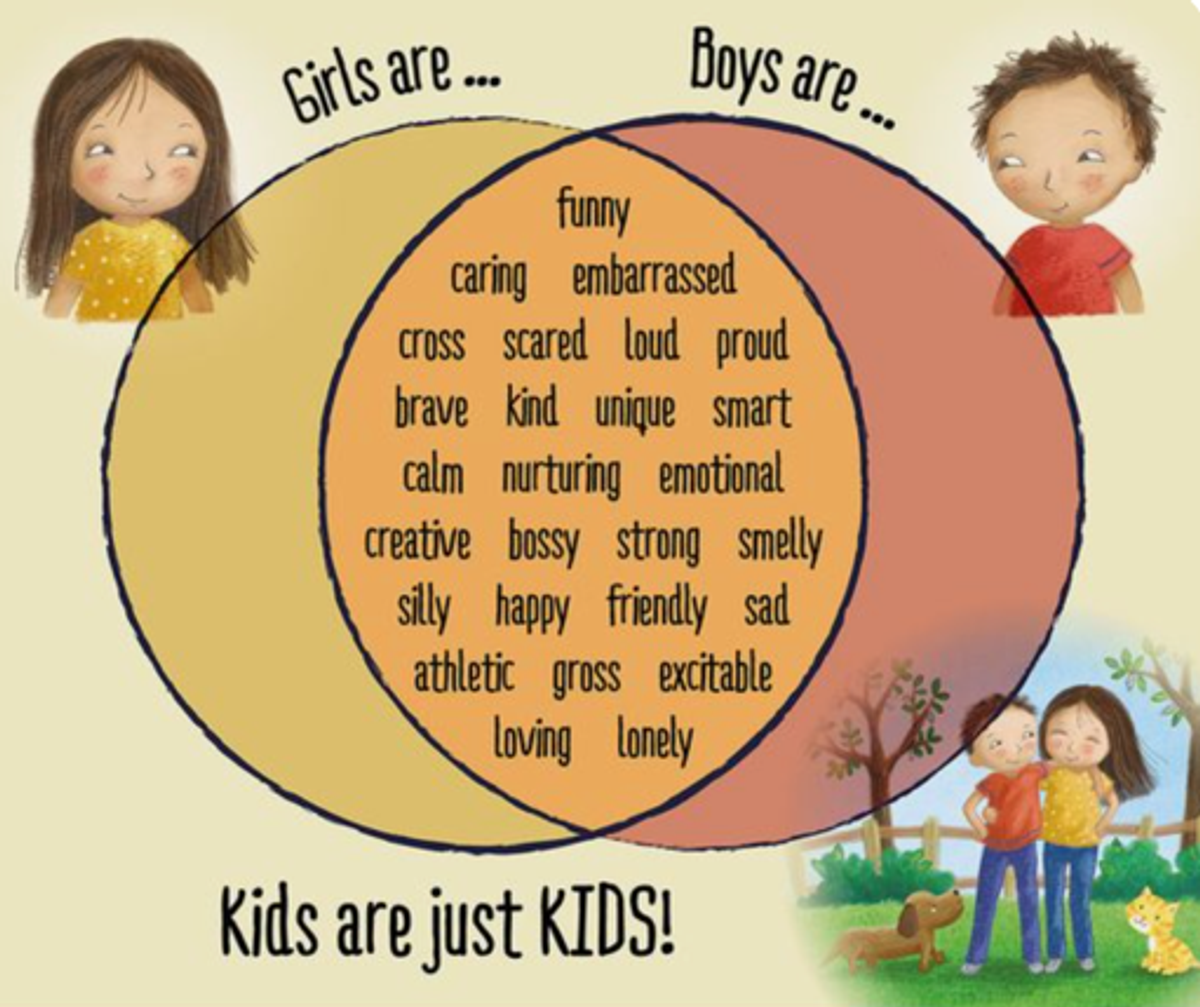Wellbeing & Culture

Respectful Relationships at CHPS
This term in Respectful Relationships we will be focusing on Topic 8- Positive Gender Relations.
In Topic 8 learning activities focus on:
• building positive gender relationships
• acceptance of difference and diversity
• setting boundaries and standards within relationships, particularly in relation to prevention of gender-based violence within peer and romantic relationships.
Students develop self-care, peer support and help-seeking skills that can be applied in response to situations involving gender-based violence within family, peer, community, or on-line relationships.
Evidence Base
• Research shows that school-based violence prevention and respectful relationships initiatives can make a real difference, producing lasting change in students’ attitudes and behaviour
• In effective programs, children and young people learn about the ways in which power relations inform gender relationships. They learn how to translate a belief in respect for others into respectful communicative practices. This requires a focus on skills as well as attitudes.
All year levels sent out a summary of the lessons that will be taught this term via Compass on Wednesday 5th of October. Please contact Julie Reid with any concerns.
Respectful Relationships myths and facts
Myth: Respectful Relationships teaches radical gender theory
Fact: Respectful Relationships does not teach radical gender theory. It is a primary prevention initiative to reduce family violence.
Respectful Relationships promotes respect and gender equality and helps students learn how to build healthy relationships. It prepares students to face challenges by developing problem-solving skills and building resilience and confidence.
Schools involved in the Respectful Relationships initiative are building a culture of respect and gender equality, by looking at their practices and policies to drive meaningful change.
The Victorian Royal Commission into Family Violence recommended Respectful Relationships be introduced to all government schools (Recommendation 189). Evidence presented to the commission showed that family violence is the most pervasive form of violence perpetrated against women in Victoria.
Myth: Education cannot solve the problem of family violence
Fact: Respectful Relationships isn’t intended to be the whole solution to addressing family violence, but it is an important primary prevention initiative.
Just like other major social and health issues such as smoking and road tolls, evidence shows that gender-based violence can be prevented by working with the whole population, and in this case, all schools, to address the attitudes, beliefs and knowledge that supports the prevention of violence.
Studies show that school-based violence prevention and Respectful Relationship initiatives can produce lasting changes in attitudes and behaviours.
Respectful Relationships Education in Schools (RREiS) was trialled across 19 schools, reaching 1,700 teachers and 4,000 students. The trial found that the initiative had a positive effect on students’ attitudes, knowledge, and skills, as well as school policies, culture and ethos.
Myth: Respectful relationships education teaches boys to feel ashamed and girls to feel like victims
Fact: This is simply not true.
None of the activities in the Resilience, Rights and Respectful Relationships teaching and learning materials teach students to feel ashamed or feel like victims.
Respectful Relationships promotes respect and equality and helps boys as well as girls learn how to build healthy relationships.
Myth: The Resilience, Rights and Respectful Relationships teaching and learning materials are not age appropriate
Fact: The Resilience, Rights and Respectful Relationships teaching and learning materials were developed by leading education experts, who tailored the materials to each year level from Foundation to year 12 and made sure all information is age-appropriate and grounded in evidence.
Myth: Respectful relationships education does not address violence against men
Fact: Respectful relationships education is about building positive relationships for all young people.
Students are given the opportunity to explore emotions such as anger and frustration and develop non-violent problem solving strategies.
All secondary school students, learn about and explore the relationship between gender and power and the way gender stereotypes and behaviours can lead to unhealthy relationships or coping strategies.
Primary school students are supported to learn new skills to build their confidence and resilience.
Myth: Respectful Relationships and the Safe Schools program are the same
Fact: Respectful Relationships and Safe Schools are two very different initiatives.
Safe Schools is a about creating inclusive and safe environments for all students, including Lesbian, Gay, Bisexual, Trans and gender diverse, Intersex, Queer, Asexual and questioning (LGBTIQA+) students.
Safe Schools seeks to prevent, and respond to, discrimination against LGBTIQA+ students. Safe Schools is not part of the Victorian Curriculum.
Respectful Relationships is part of the curriculum. It promotes respect and gender equality and helps students learn how to build healthy relationships.

